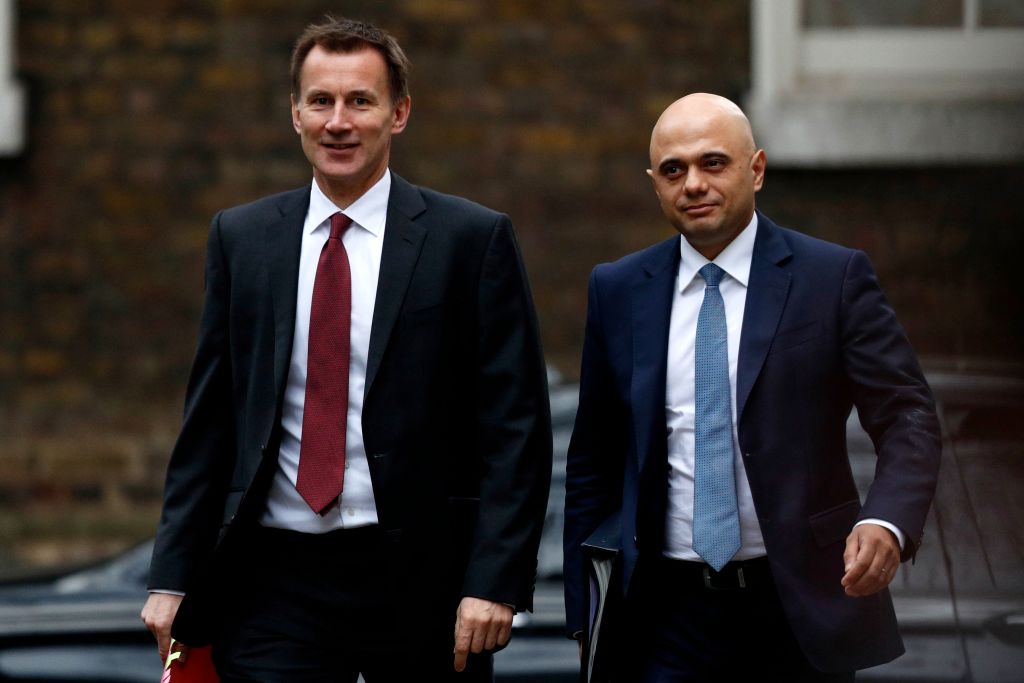The Institute for Fiscal Studies has launched an impressive new commission on inequality. What’s most impressive about the project is not the Nobel-winning array of commissioners, it’s the fact that the IFS is trying to broaden public and political understanding of what inequality is. And in so doing, it also describes a political trap that many Conservatives seem keen to fall into.
Start with the definition. Here’s the Deaton Commission’s opening publication:
“…inequality is not just about money. Inequality exists in the stresses and strains on family life, which shape the environment in which children grow up. It is the divergence in life expectancy between deprived and affluent areas, and the growing burden of poor mental health among disadvantaged groups. It is the pulling apart of successful cities from coastal and ex-industrial towns, where traditional jobs have been lost and young people have few prospects for upward mobility. These forms of inequality are harder to measure than the headline income inequality statistics. But it is essential that we try to understand the full picture.”
I basically agree with every word of that paragraph though I’d probably add a few more dimensions of inequality, including education and job security; I’d also look closely at the differences between big companies and small ones. But overall, I’m delighted to see some heavy intellectual firepower being brought to bear on this issue.
Because this is one of the defining conundrums of our time. By many measures, Britain has not become significantly more unequal in recent years. Whether you look at the Gini Coefficient:
Or the ratio of bottom decile incomes to top decile incomes:
The picture is pretty flat. And this is where the conundrum and the trap lie. Despite the narrow facts of inequality, Britain, in common with other advanced economies, feels more unequal, and possibly as a result, feels more angry. Understanding why that is strikes me as being one of the key political and intellectual challenges of the day.
I have a theory about this, which is that a lot of it is down to culture, and the internet. My theory is that the internet has simply made the divergences in experience between groups much more visible, tangible and immediate than ever before. The one per cent have always been with us, but their wealth and pleasures have never been as apparent to the rest of us; nor have we always fetishised wealth in the way we do today. This is the age of Donald Trump and the Kardashians. There is even a successful line of clothing simply called Billionaire, for goodness’ sake: some people literally want to dress up as the very rich – even though they are not very rich. This is a culture that inevitably breeds resentment at the things we do not have.
Whatever the cause, it seems fair to suggest that whatever the data in the Gini chart, the perception of Britain as an unfair country is strong and growing. For us wonks, the challenge here is simply to explore the facts, to analyse the data as the IFS will.
But for politicians, this challenge is different. They have to decide how to respond to that perception. Do they affirm it, say “yes, you’re right to be angry and here’s what I’ll do about if you vote for me”? Or do they dispute it, say “no, you’re wrong to be angry, and here are the facts that show that actually everything is fine so please vote for me.”
When it comes to political debate about inequality, some people in the Right often look like their response falls into the latter description. Some simply don’t accept inequality as important: as long as everyone is getting better off over time, the gap (real or perceived) is irrelevant, they suggest. Others take comfort in data, hoping that charts like the ones above will eventually soothe away public anger. And a few even appeared to see political advantage in unkindness to those at the bottom; how else to explain the Cameron-Osborne treatment of welfare recipients?
I am not a Conservative or on the Right, but my advice to those who are is to find a new approach to inequality, because the responses I’ve just described have failed and will continue to fail. If Jeremy Corbyn ends up in Downing Street, it will ultimately be because those who want to stop him have failed to understand and answer “inequality” in the complex contemporary sense of the word.
This is especially true for anyone who aspires the take on the leadership of the Conservative Party and the premiership. If you don’t have a convincing new story to tell about a party that understands inequality, cares about it and has plans to address it, you might as well not bother taking the job, because all you’ll be doing is marking time until Corbyn takes it from you.







Comments